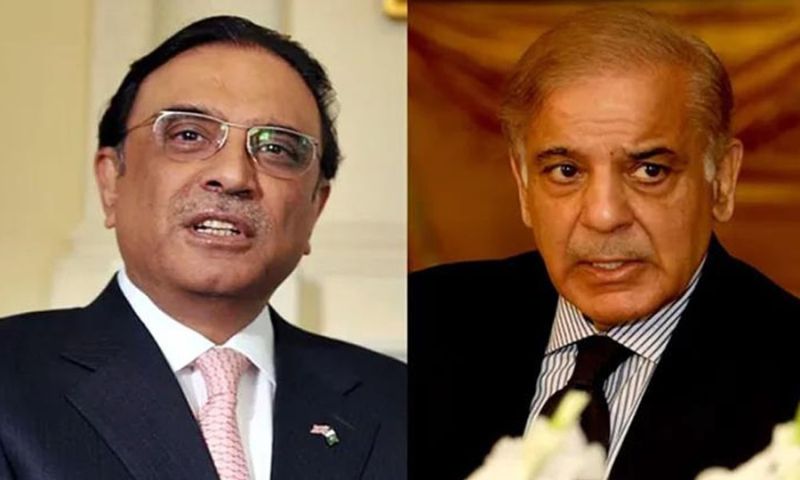ISLAMABAD: On the occasion of “Kashmir Black Day, being observed today, Pakistan’s President Asif Ali Zardari and Prime Minister Shehbaz Sharif have called on the international community to intensify pressure on India to halt its human rights abuses in Indian Illegally Occupied Jammu and Kashmir (IIOJK).
In their statements, both leaders reaffirmed Pakistan’s unwavering support for the Kashmiri people’s right to self-determination and urged India to adhere to United Nations (UN) Security Council resolutions.
President Zardari, in his statement, described October 27, 1947, as a dark chapter in South Asian history, marking the day Indian troops occupied Jammu and Kashmir. He condemned the ongoing brutal repression faced by Kashmiris, highlighting that the region has become one of the most militarized areas globally. “Thousands of innocent Kashmiris have been killed, their legitimate leaders imprisoned, and local media heavily censored,” he stated.
The president also reiterated that the UN Security Council has consistently affirmed the right of Kashmiris to self-determination through a fair plebiscite. However, he noted that India continues to defy these resolutions and deny the fundamental rights of the Kashmiri people. Since the revocation of IIOJK’s special status on August 5, 2019, India’s actions have aimed to alter the region’s demographic and political landscape, further consolidating its control and suppressing the Kashmiri Freedom Movement.
In his message, Prime Minister Shehbaz Sharif echoed these sentiments, emphasizing Pakistan’s commitment to supporting the Kashmiri struggle until a resolution is achieved in accordance with UN resolutions. He reflected on the past 77 years, during which the Kashmiri people’s aspirations have been stifled. “Their resolve to realize their inalienable right to self-determination remains as firm as it was in 1947,” he asserted.
The prime minister paid tribute to the sacrifices made by the Kashmiri people in their quest for freedom, asserting that their sacrifices will not be in vain. He expressed concern over the oppressive measures faced by the Kashmiri population, noting the thousands of political prisoners and the impunity with which Indian forces operate under harsh counterterrorism laws.
Both leaders underscored the importance of addressing the Kashmir dispute for peace and stability in South Asia. President Zardari reminded the world of its responsibility, stating, “Three generations of Kashmiris have waited for the right to self-determination. The world can no longer ignore its obligation.”
Both leaders called for a united global effort to hold India accountable for its actions in IIOJK and to ensure that the voices of the Kashmiri people are heard and respected.























